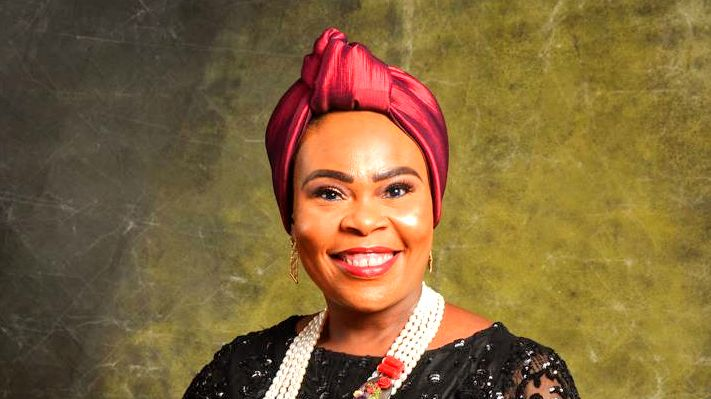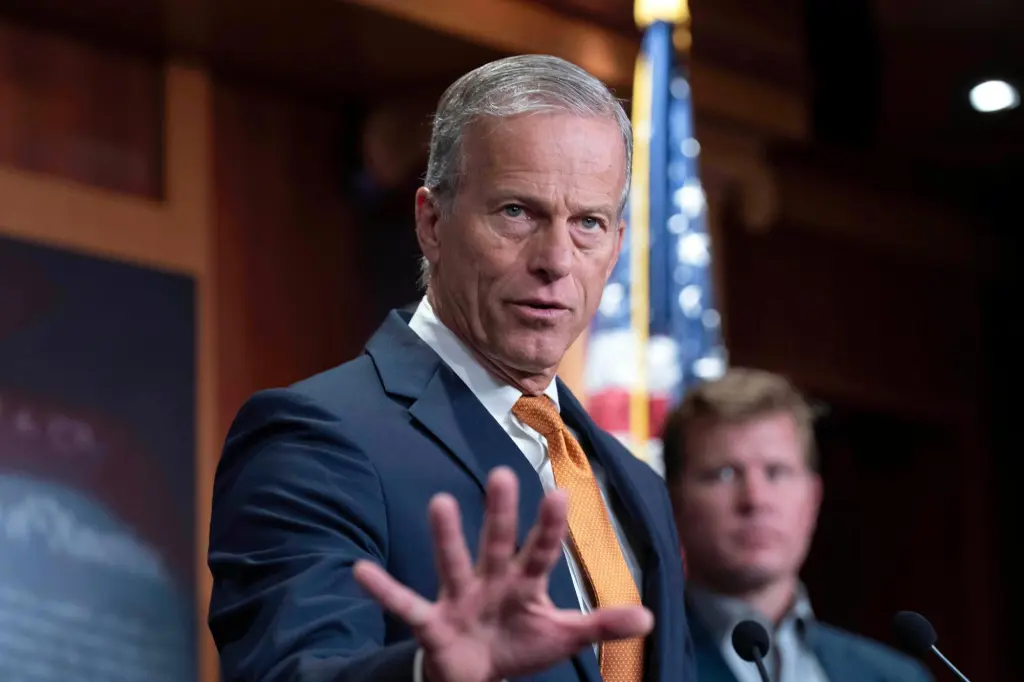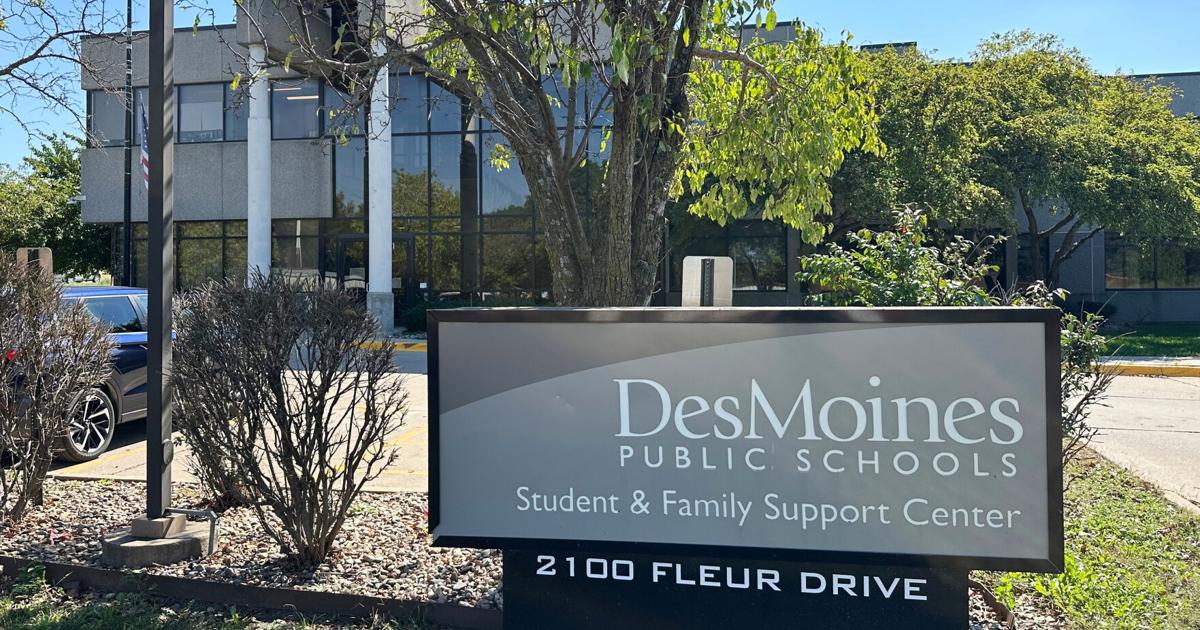By Victoria Ojugbana
Copyright independent

All is set for the much-anticipated third edition of Mental Health Conference.
As every scar tells a story, some are whispered in secret, some are hidden behind bright smiles, and others are etched so deeply into the soul that they shape how we breathe, love, and live; all will be taken care of at this year’s Mental Health Conference 3.0, said Dr. Maymunah Yusuf-Kadiri, Convener, Mental Health Conference 3.0.and a leading psychiatrist.
Also as these stories take center stage, the gathering, scheduled to hold virtually and physically on Friday, 3rd October, at Alliance Francaise de Lagos/Mike Adenuga Complex, Osborne Road, Ikoyi, Lagos dares to pose a bold, unsettling but necessary question: “Trauma, what’s your story? ”Yusuf-Kadiri added.
In a statement made available to newsmen on Wednesday, Yusuf-Kadiri remarked that “For too long, trauma has been the silent architect of broken homes, fractured workplaces, and wounded communities.
According to the psychiatrist: “It lingers unseen, casting shadows over decisions and relationships. Too often, we sweep it under the rug, build carefully around it, or pray that time alone will erase it. But pain left unspoken does not disappear, it festers. It grows roots, shaping lives in silence. Until we summon the courage to confront our wounds, they will continue to define our future.”
She noted that the Mental Health Conference 3.0 is not simply another academic or professional gathering, “It is a movement, an awakening to the power of truth-telling, healing, and transformation. This year’s theme is a collective invitation to individuals, families, organizations, and communities to pull back the veil of silence, confront unspoken pain, and embark on a journey from hurt to healing.”
Yusuf-Kadiri said that “By placing trauma at the center of its discourse, the conference acknowledges a profound reality that true healing does not occur in isolation or silence. Every story of pain, no matter how heavy, is worthy of being heard, honored, and transformed.”
This year’s event will feature keynote addresses, panel discussions and interactive sessions designed to address critical but often-avoided issues, she added.
Among them, she said, are: Intergenerational trauma, the invisible legacy of pain carried from one generation to the next like an unwanted heirloom; workplace stress and burnout, the hidden struggles of professionals weighed down by unrelenting expectations; post-traumatic growth, the resilience and strength that can emerge from life’s deepest wounds; cultural silence, the long-standing belief that suffering must be endured quietly, rather than healed collectively.
She said: “But this is not a conference of passive listening. It is a platform for reflection, participation, and transformation.”
“Attendees will leave not only with renewed awareness but with practical tools to confront trauma and convert private battles into shared victories,” Yusuf-Kadiri added.
While underscoring the central philosophy of the event, she said: “Trauma is not just about what happened to you, but about what you continue to carry. Healing begins when we tell our stories and stop letting silence hold us hostage.”
Her words strike at the core of the conference’s vision: “Storytelling as medicine, storytelling as resistance, and storytelling as freedom. Every story spoken lifts the weight of silence, and when stories connect, communities find collective healing.
“With a diverse lineup of mental health experts, thought leaders, advocates, and storytellers, the Mental Health Conference 3.0 will again serve as a catalyst for transformative dialogue.
She said that the conference will be accessible both in person and virtually, extending its reach far beyond geographical boundaries.
“Africa speaks, and the world listens. The voices that rise from this event will shine a light not only on local realities but also on the shared global journey of trauma, resilience, and recovery.
“On Friday, 3rd October, the call is clear. This is more than an event, it is a summons to courage. Come prepared to share, to listen, and to heal. Because your story matters. Your scars matter. And most of all, your healing matters.
“The time for silence is over. The time for shame has ended. Trauma: What’s Your Story? The time to tell it, and to heal, is now,” she said.



